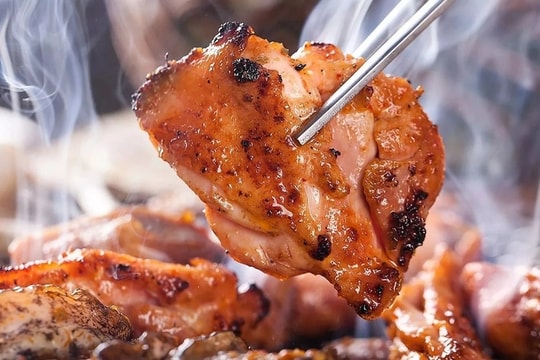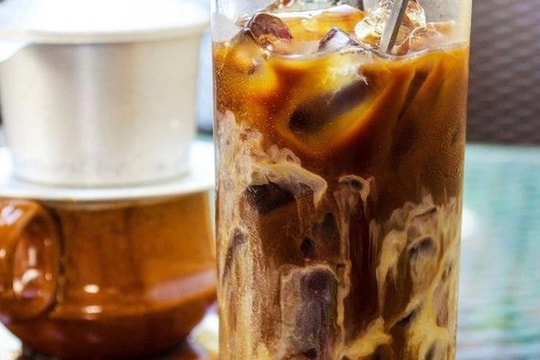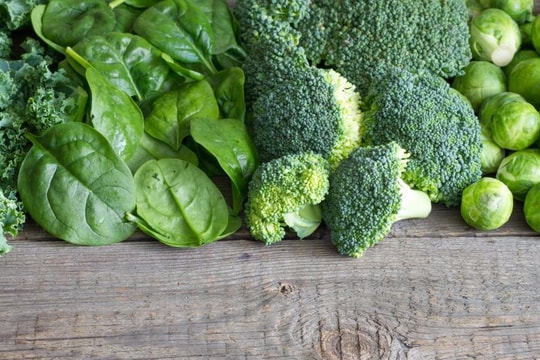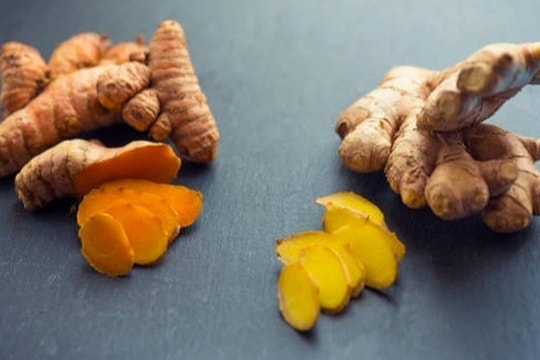3 Vietnamese snacks that are "enemies" of the liver
Snacks are appealing but have the potential to harm the liver. To protect health, everyone should limit the consumption of these foods and pay attention to choosing healthy foods.
The liver is an important organ that helps purify and metabolize nutrients, but it is vulnerable to damage if not properly protected. In daily life, many people accidentally destroy the liver with popular snacks.
Sugary snacks
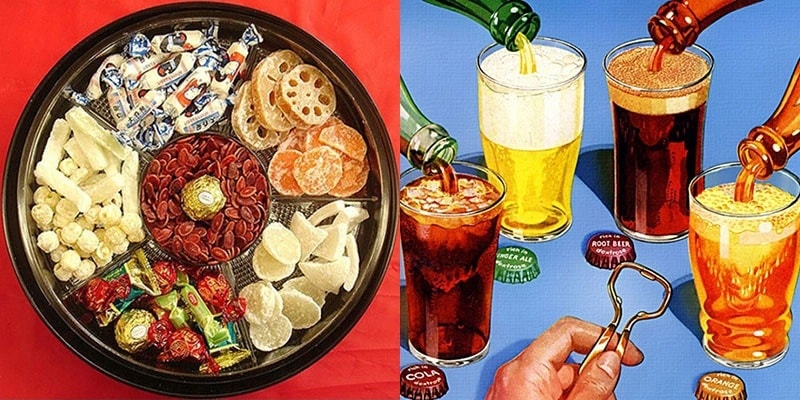
Sugary snacks can easily cause fatty liver. Photo: Getty
Sweets are a favorite food of many people, especially young people. However, foods containing a lot of sugar such as candy, soft drinks and sugary drinks are a big threat to liver health.
According to research published in the journal Hepatology, consuming refined sugar and fructose from sweets can lead to non-alcoholic fatty liver disease (NAFLD).
This is especially dangerous as the trend of sugar consumption is increasing in the community, not only limited to adults but also popular among children and teenagers.
Studies show that fructose found in sweetened beverages is not metabolized like other sugars. Instead of being used immediately for energy, fructose is metabolized primarily in the liver and quickly converted to fat.
These fats accumulate over time and lead to hepatitis and impaired liver function. Not only sugary drinks, cakes, ice cream and candy also contain very high levels of sugar, causing the liver to work too hard to process.
Additionally, consuming too much sugar increases the risk of metabolic syndrome, a cluster of risk factors that includes obesity, high blood pressure and high blood triglycerides, all of which are linked to liver damage.
Starchy Snacks
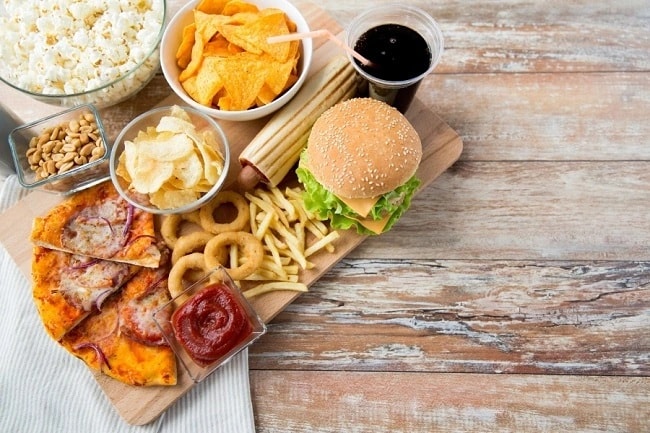
People who eat a diet rich in refined carbohydrates have a significantly higher risk of developing fatty liver disease than those who eat whole grains. Photo: Getty
Starch is the main ingredient in many snacks such as cookies and cakes. However, these foods pose a risk to the liver because the high amount of starch can be converted into triglycerides.
This is a form of fat that easily accumulates in the liver and leads to fatty liver. When consuming too much starch, especially from processed products, blood sugar levels will spike, stimulating the body to produce insulin and increasing the accumulation of fat in the liver.
According to research from the American Journal of Clinical Nutrition, people who eat a diet high in refined carbohydrates have a significantly higher risk of developing fatty liver disease than those who eat whole grains.
Research also shows that a low-fiber, high-starch diet can reduce the liver's ability to repair itself, making it more susceptible to damage from other harmful agents.
Snacks like sandwiches, cakes, and biscuits are often high in starch, along with saturated fat and sugar, creating a dangerous combination for the liver. These foods not only increase visceral fat, but also make the liver less effective at metabolizing and detoxifying.
Snacks with too much spice
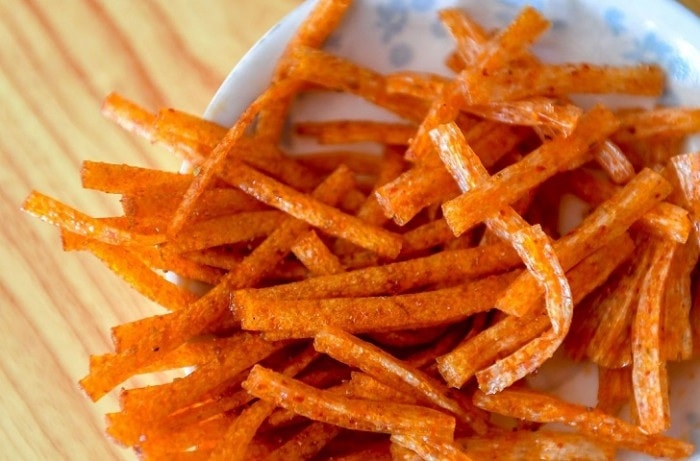
Consuming too much salt and sodium also puts pressure on the liver. Photo: Getty
Spices are an indispensable element in enhancing the flavor of dishes, but when used in excess, they can be harmful to the liver.
A chemical commonly found in spices is safrole, which is listed as a carcinogen by the World Health Organization (WHO).
Safrole can be found in industrial spices used in processed foods and snacks. Long-term accumulation of safrole in the liver can cause hepatitis and increase the risk of liver cancer.
In addition to safrole, spices containing preservatives and artificial flavors are also harmful to the liver.
Research from Kyushu University, Japan shows that these chemicals can damage liver cells, impair detoxification function and contribute to the formation of fatty liver.
In addition, consuming too much salt and sodium also increases pressure on the liver, causing problems such as cirrhosis, portal hypertension and weakening immunity./.

